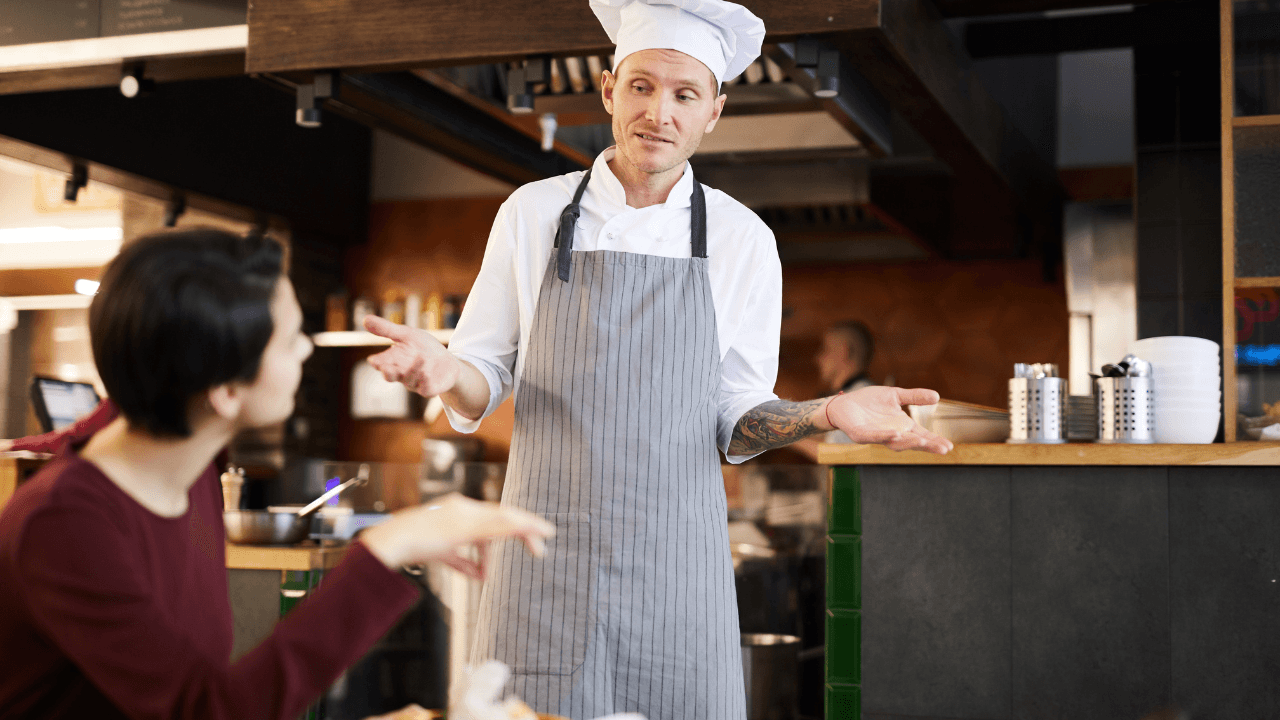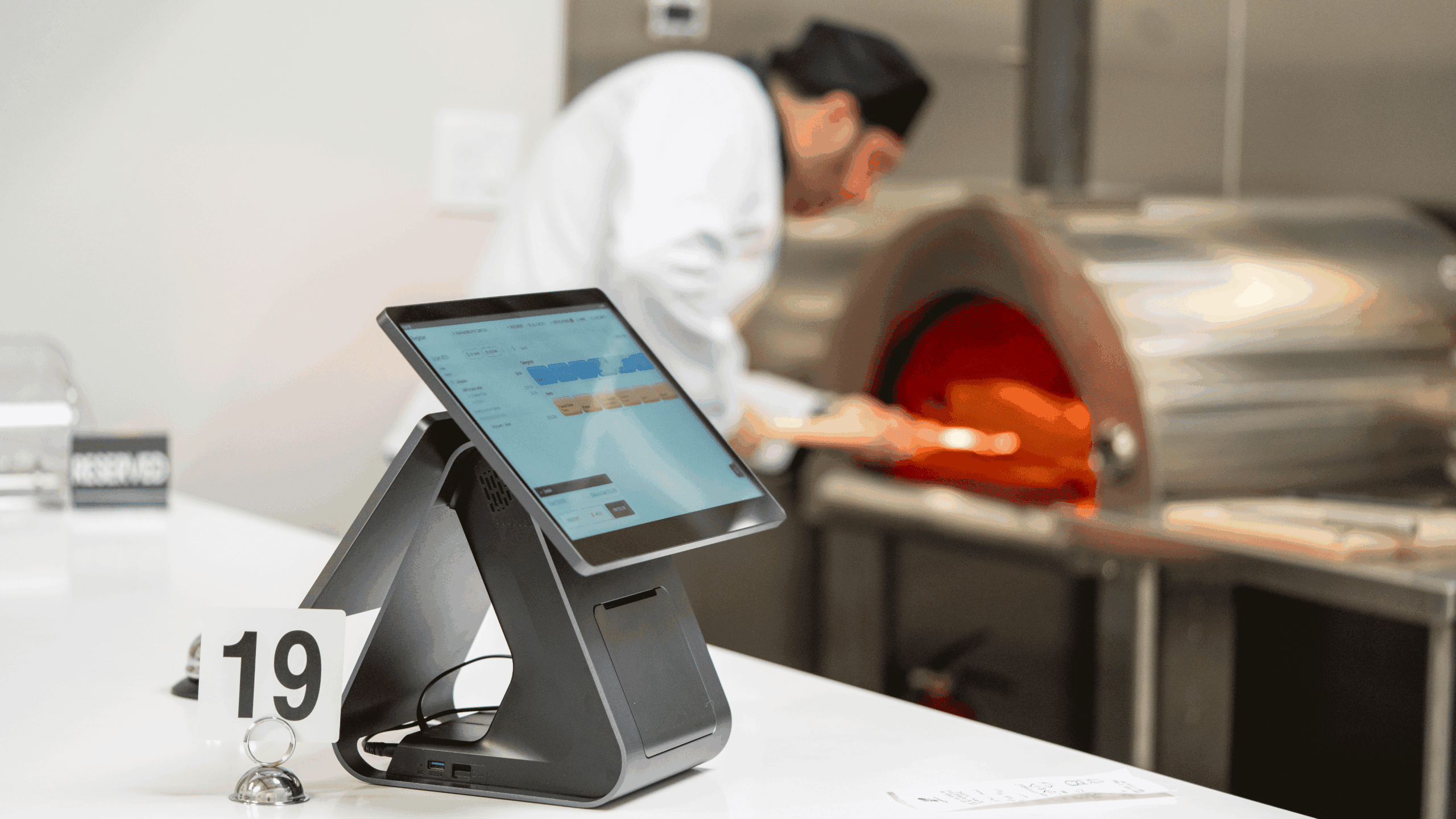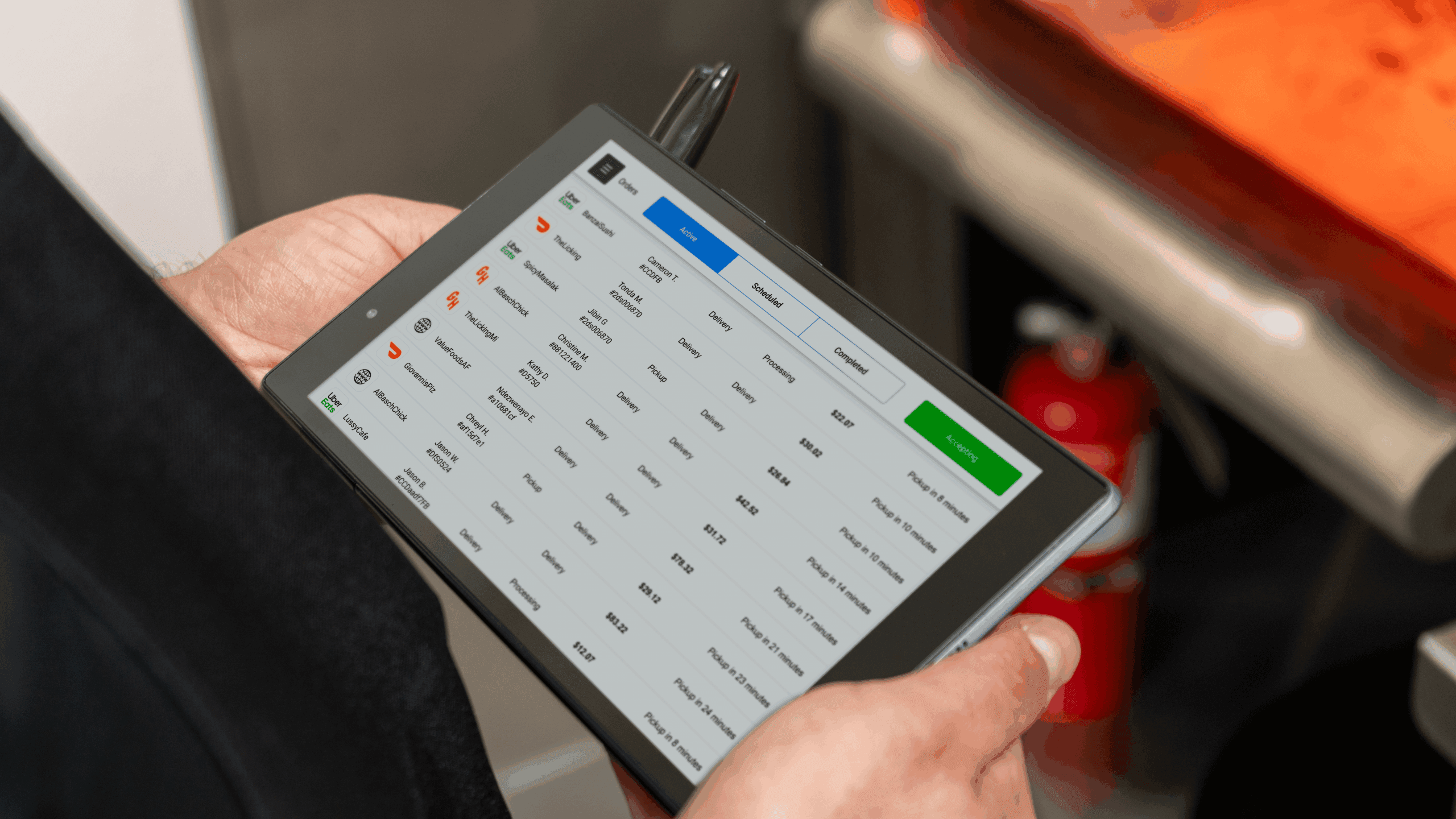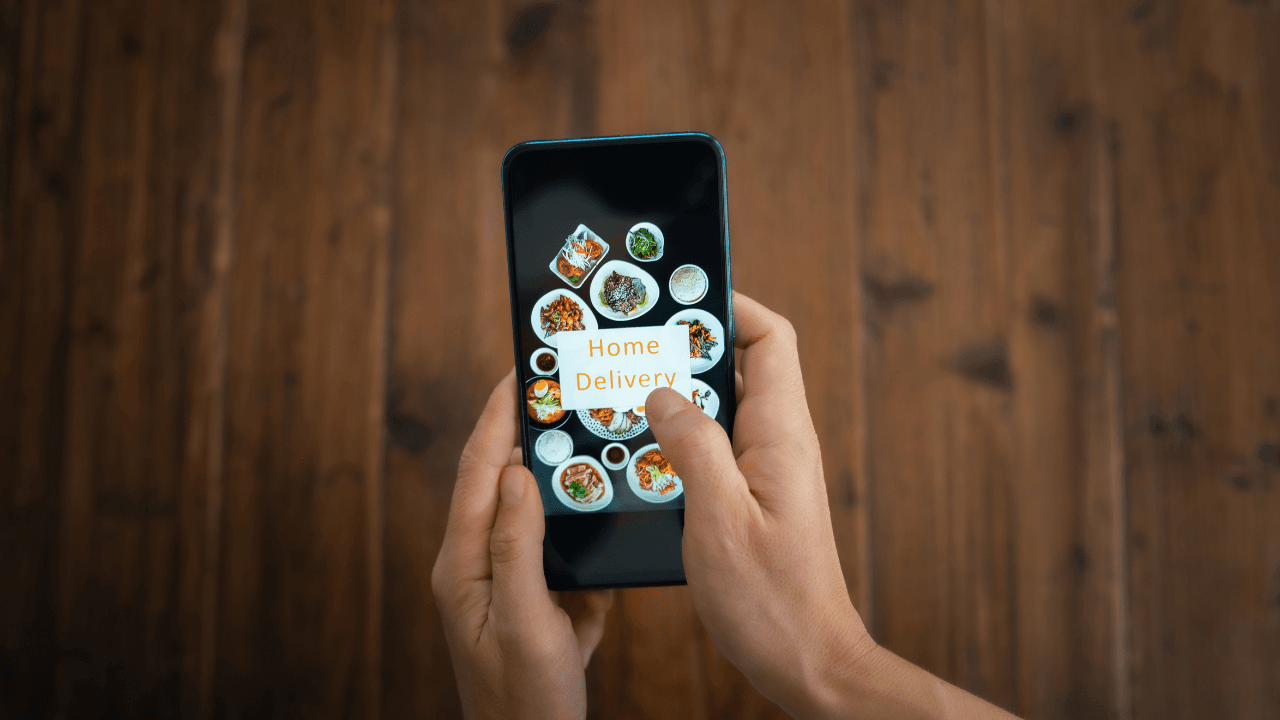- Chargeback Trends in the US
- Current Restaurant Chargeback Trends
- How the BOPUS Trend Increases Chargebacks for Restaurants
- How to Settle Restaurant Chargebacks Efficiently
- Optimizing Chargeback Management: Win 90% of Your Chargebacks with Orders.co
In recent times, restaurants have faced many challenges, from meeting changing customer needs to adapting to new technology.
But there’s another issue that’s causing trouble: chargebacks. These are when customers ask their bank to reverse a payment made to a restaurant.
Chargebacks are a big problem for restaurants because they cost money and make them look bad to customers.
For instance, a customer and a restaurant got into a big argument over a $250 fee for canceling a booking. And the customer posted the whole conversation on X, garnering over 24 million views!
This incident showed how chargebacks can lead to bad feelings and damage a restaurant’s reputation.
Read on to understand the latest chargeback trends and data, revealing essential insights into dispute management.
Ultimately, you can ensure smoother operations and adopt enhanced customer satisfaction measures.
Chargeback Trends in the US
The chargeback trends presented here are derived from data provided by gitnux.org, offering valuable insights into the landscape of transaction disputes within the United States.
- 86% of all chargebacks are probable cases of friendly fraud
Friendly fraud occurs when a cardholder disputes a legitimate transaction without malicious intent.
For example, a customer may claim they never received an online order, even though it was delivered successfully.
- Businesses are expected to lose $25 billion to friendly fraud by the end of 2024.
This significant financial loss can severely impact a restaurant’s business, leading to decreased profitability and potential operational challenges.
- Roughly 58% of cardholders would first file a chargeback without contacting the merchant.
Establishing good rapport and maintaining efficient communication with clients is crucial in proactively addressing this issue.
By addressing customer concerns promptly and providing accessible avenues for feedback, restaurants can mitigate the likelihood of chargebacks initiated without prior merchant contact.
- The United States leads the world in chargebacks, accounting for 39% of all global post-transaction fraud.
The acceleration of digital payments, coupled with the widespread adoption of online shopping and dining platforms, has contributed to the proliferation of chargeback incidents in the US.
- Approximately 45% of consumers who file a fraudulent chargeback will do so again within 90 days.
Implementing efficient systems such as automated notifications and transaction monitoring is essential for identifying and resolving chargeback issues promptly.
By leveraging technology to detect suspicious patterns and proactively engage with customers, restaurants can mitigate the recurrence of fraudulent chargebacks and safeguard their financial interests.
Current Restaurant Chargeback Trends
As a sector, restaurants generally maintain a low chargeback rate, averaging around 0.12%.
Although relatively modest, this rate varies significantly across different types of food services, reflecting diverse consumer behaviors and transactional dynamics.
Here’s an overview of chargeback trends observed in various food service categories:
Quick Service Restaurants (QSRs)
- QSRs, characterized by fast-paced service and low-cost menu items, often experience a slightly higher chargeback rate than other restaurant types.
- The fast turnover and high volume of transactions may contribute to increased instances of quick-service restaurant chargebacks, particularly in cases of mistaken or disputed charges.
- Despite this, QSRs generally maintain a manageable chargeback rate due to the relatively low transaction values.
Home Delivery Services
- With the rise of food delivery platforms and online ordering, home delivery services have become increasingly popular among consumers.
- However, the convenience of ordering food remotely also introduces certain risks, such as delivery disputes, incorrect orders, or issues related to food quality upon delivery.
- As a result, home delivery services may encounter a slightly elevated chargeback rate compared to traditional dine-in restaurants, necessitating robust systems for order accuracy, delivery tracking, and customer support.
High-End Restaurants
- High-end restaurants, renowned for their gourmet cuisine and upscale dining experiences, typically maintain a lower chargeback rate than other restaurant categories.
- The clientele of high-end establishments often prioritizes quality, service, and overall dining experience, leading to fewer instances of chargebacks related to transaction disputes or dissatisfaction.
- However, chargebacks in high-end restaurants may still occur, albeit less frequently, often stemming from exceptional circumstances such as reservation disputes or billing discrepancies.
Understanding the nuanced chargeback trends within different food service segments is crucial for restaurant operators to implement tailored strategies and safeguards, effectively mitigating risks and preserving financial stability.
How the BOPUS Trend Increases Chargebacks for Restaurants
The Buy Online, Pick Up in Store (BOPUS) trend has experienced widespread adoption, particularly following the COVID-19 pandemic.
In response to safety concerns and social distancing measures, many consumers embraced the convenience and efficiency offered by BOPUS services.
These services allow consumers to shop for groceries, retail items, and meals from the comfort of their homes and retrieve their purchases in-store or curbside.
However, while BOPUS presents numerous benefits for consumers and businesses, it also introduces unique challenges for restaurants to navigate, including an increased risk of chargebacks.
The BOPUS model poses several challenges that can contribute to heightened chargeback rates for restaurants:
Transaction Disputes
With BOPUS transactions, customers may encounter discrepancies between their online orders and the items received at the pickup location.
Issues such as order inaccuracies, damaged goods, or dissatisfaction with product quality can prompt customers to initiate chargebacks, seeking reimbursement for perceived shortcomings in their purchase experience.
Identity Verification
Verifying customers’ identities during BOPUS transactions can be challenging, particularly in instances where orders are picked up by third parties or proxies.
Without adequate verification measures in place, restaurants may face an increased risk of fraudulent transactions and subsequent chargeback claims.
Delivery and Fulfillment Delays
Despite efforts to streamline order processing and fulfillment, delays in BOPUS transactions can occur due to factors such as inventory discrepancies, staffing shortages, or logistical challenges.
Extended wait times or unmet delivery expectations may prompt frustrated customers to initiate chargebacks as a means of recourse for perceived service failures.
Communication Breakdowns
Effective communication between customers and restaurant staff ensures a smooth BOPUS experience. Miscommunication regarding order details, pickup instructions, or menu item availability can lead to customer dissatisfaction and chargeback requests.
Navigating these challenges requires restaurants to implement robust systems and protocols to mitigate the risk of chargebacks associated with BOPUS transactions.
When restaurants choose to address potential pain points, proactively assist customers, and provide transparency throughout the order fulfillment process, they can minimize the likelihood of customer disputes and uphold their reputation for quality service and reliability.
How to Settle Restaurant Chargebacks Efficiently
Seeking assistance from a third-party service can significantly increase the efficiency and success rate of chargeback resolution plus enhance customer satisfaction, with major improvements in chargeback rates.
Here are a few best practices they provide you:
Email Alerts
Receive direct email alerts notifying you of all new chargebacks in real-time. Prompt notification enables swift action, allowing restaurant owners or managers to investigate and respond promptly to chargeback claims.
By staying informed of chargeback activity as it occurs, restaurants can streamline their dispute resolution process and minimize the impact on their business operations.
Dispute Recommendations
Utilize AI-powered assistance to receive dispute recommendations tailored to each chargeback case. An AI assistant analyzes the details of chargeback claims and suggests appropriate actions based on past outcomes and industry best practices.
By leveraging AI technology, restaurants can expedite the dispute resolution process and improve the likelihood of favorable outcomes.
Moreover, the AI assistant learns from the merchant’s choices, refining its recommendations over time and enhancing its effectiveness in handling future chargebacks.
Customization Web Choices
Some platforms offer in-app custom actions for all alerts, providing flexibility for restaurant managers who prefer to manage disputes manually.
Customization options empower restaurant owners to tailor their dispute resolution approach according to their preferences and operational requirements.
Whether opting for automated responses or personalized interventions, having access to customizable web choices ensures that restaurants can adapt their dispute resolution strategies to suit their unique needs and circumstances.
Optimizing Chargeback Management: Win 90% of Your Chargebacks with Orders.co
From understanding the underlying trends and challenges to implementing proactive dispute resolution strategies, restaurant businesses must remain vigilant in mitigating the risks associated with fraud and transaction chargebacks.
Orders.co offers a comprehensive solution to streamline dispute management and improve operational efficiency:
- Real-time email alerts: Orders.co provides restaurants with instant email notifications whenever a new chargeback occurs, enabling swift action and timely response to dispute claims.
- AI assistant powered by machine learning algorithms: With Orders.co’s AI assistant, restaurants can receive personalized recommendations for resolving chargeback disputes based on historical data and industry best practices.
The AI assistant continuously learns from past outcomes, refining its suggestions to improve dispute resolution efficiency over time.
- Centralized dispute management capabilities: Orders.co offers a centralized platform for managing all chargeback disputes, allowing restaurants to track, analyze, and respond to disputes from a single interface.
This streamlined approach improves operational efficiency and ensures consistency in dispute-resolution efforts.
Schedule a FREE demo call with Orders.co today to discover how our innovative platform can revolutionize your dispute management process and help you improve your bottom line!



